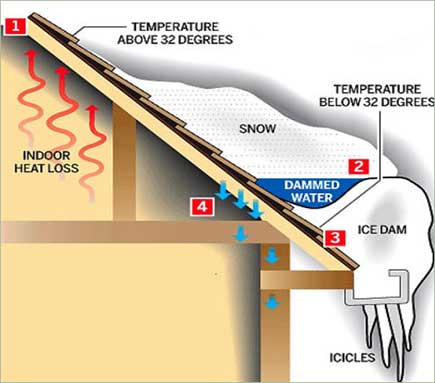What Ifs...?
Normally I do not advocate living your life by the "what ifs". Fire safety, adversely, needs to approached exactly that way. Every possible action and reaction needs to considered and safety of the residents made a top priority. Advocating fire safety expenditures to condominiums should be the easiest part of our job as managers. They save lives! Unfortunately, this is often more difficult than it should be as fire is often "out of site, out of mind".Many owners see quarterly tests, inspections, and panels as costly expenditures, especially in this economy. After all, "it's always that other building that has the fire, not ours"...right? But what happens when it is your building? When outdated horns don't sound and pull stations are inactive? What happens when insurance will not approve your claim because your building negated a yearly inspection. Fire safety becomes much more relevant when it is close to home.
Where to Start
Start by calling your local fire department or alarm service provider. They will almost always provide a free walk through of your home to to determine what you can do to improve your system. Learn the state and Federal Laws. The books are thousands of pages long and constantly changing, but have a general understanding of it: how many smoke detectors/CO detectors you need, how far apart they should be from the bedroom, when systems need to be centrally or locally monitored, how often inspections are required.Know Your System
Take a look at your fire panel. Call whoever monitors your panel to meet you on site and walk you through what each signal means. When a trouble does go off, you are prepared and direct the appropriate authorities as needed. Knowing the difference between a "ground fault" and a "system trouble" can save you unnecessary trips by service techs.Always check your system on your own. Make sure smokes have batteries and extinguishers are up to date. Test your panel and perform a quarterly fire drill. These are all important things that could mean the difference between life and death in a high pressure situation. The management company should have the most extensive knowledge on this, but it helps if residents make a conscious effort to educate themselves.








